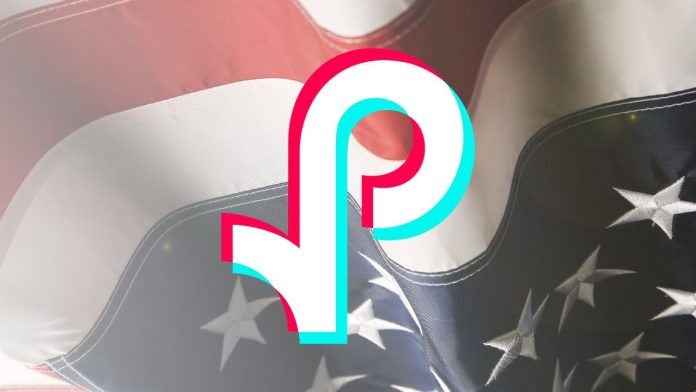The battle over TikTok’s place in the U.S. media landscape has been framed as a fierce contest between opposing forces. On one side, ByteDance, TikTok’s parent company, has deployed substantial lobbying efforts to defend its platform against regulatory scrutiny. On the other, bipartisan U.S. lawmakers and lobbying firms have pushed for bans and stricter regulations, citing concerns over national security and data privacy.
But what if this narrative of opposition conceals a deeper, coordinated effort? Evidence suggests that both sides may share significant financial backers, raising the possibility that the justice system has been manipulated to establish legal precedents favoring state-controlled media, in stark violation of constitutional principles.
A Curious Convergence of Investors
At the heart of this speculation lies the overlapping interests of major investment firms. Top U.S.-based venture capitalists, institutional investors, and multinational firms hold stakes not only in ByteDance but also in companies lobbying against TikTok. This financial entanglement creates a web of shared incentives that transcends the surface-level conflict.
For example, while some investors profit directly from TikTok’s dominance, others stand to gain from the regulatory frameworks that would ostensibly curb its influence. These shared stakeholders benefit regardless of the outcome, as long as the resulting legal precedents consolidate centralized control over media platforms.
The Role of Lobbyists in Crafting a Narrative
Lobbyists on both sides have played a crucial role in shaping public perception. Those defending TikTok emphasize the platform’s role in fostering free expression and economic growth, while opponents frame it as a national security threat tied to foreign influence. Both narratives, however, may serve a deeper purpose: to justify legal interventions that expand the state’s control over digital media.
By amplifying fears on both ends, lobbyists create a sense of urgency that pressures the justice system to act. In doing so, they pave the way for decisions that concentrate power in the hands of a few entities, all while masking the shared financial interests driving these outcomes.
Subverting the Justice System
Court cases involving TikTok have highlighted this troubling dynamic. Legal challenges and defenses alike have relied on arguments that, while seemingly in opposition, ultimately converge on a shared goal: establishing precedents that prioritize centralized control over individual freedoms.
For instance, opponents of TikTok have argued for banning the platform on national security grounds, which could set a precedent for government censorship of media under the guise of public safety. Meanwhile, ByteDance has framed these efforts as attacks on free speech which could entrench corporate monopolies by equating their operations with constitutional rights.
In both cases, the justice system is steered toward outcomes that favor state-controlled or heavily regulated media landscapes. These outcomes serve the interests of shared investors, who profit from monopolistic control regardless of which narrative prevails.
Violating Constitutional Principles
The ultimate result of this coordinated effort is a media environment that undermines the First Amendment and the principles of free expression. By leveraging the justice system to establish centralized control, these entities erode the constitutional protections meant to safeguard a diverse and independent media.
Instead of fostering competition and innovation, this approach creates a homogenized media landscape where dissenting voices are suppressed, and corporate interests dictate public discourse. In this scenario, the state and its corporate partners effectively control the flow of information, blurring the line between private enterprise and government authority.
Stateless State Control
The involvement of the state in approving or suppressing media becomes far more dangerous when it is evident that the state is operating in the interests of foreign and corporate influence. Such actions erode the very foundation of a free and independent press, replacing it with a media landscape dictated by powerful entities whose priorities lie in profit and control rather than public service. When government decisions are shaped by those who stand to benefit financially or politically, the line between governance and corporate agenda disappears, leaving citizens vulnerable to propaganda, censorship, and a homogenized flow of information. This betrayal of democratic principles underscores the urgent need to expose and dismantle these entanglements to preserve freedom of speech and the independence of media.
A Call for Accountability
To protect the constitutional foundations of free speech and media independence, transparency is urgently needed. The overlapping financial interests of investors, lobbyists, and corporations must be scrutinized to uncover the true motives behind these legal battles.
Without accountability, the coordinated efforts of these powerful entities will continue to shape a media landscape that prioritizes control over freedom, undermining the very principles that define a democratic society. The public deserves a media environment that reflects diverse perspectives, not one engineered to serve the interests of a select few.
We predict a lot more to come from this story as we take a closer look into the recent events.


